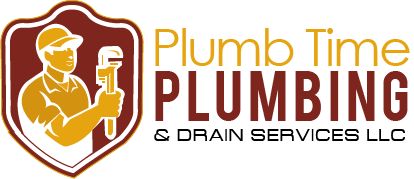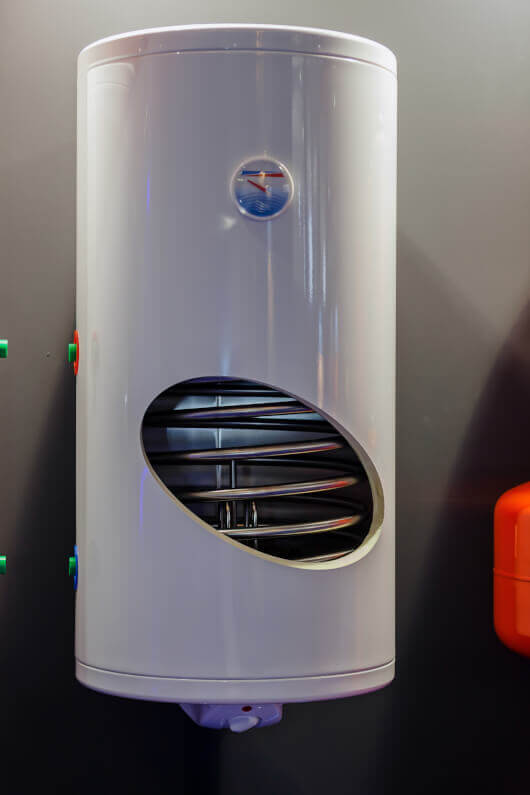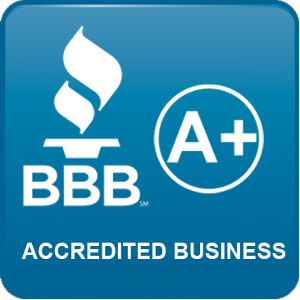Every year, 4000 Americans are hospitalized due to the effects of carbon monoxide poisoning. More worrying is that 400 die from its effects. So are you doing everything you can to ensure sure your home’s ventilation is safe?
When heating water in the home, removing the gases produced is essential, read on as we discuss everything you need to know about water heater vents.
Why Do You Need a Water Heater Vent?
When you have a water heater that burns gas or liquid propane, a vent is needed. This is because the process through which fuels are burnt, known as combustion, produces exhaust gases and moisture along with the desired heat. A venting system takes these byproducts out of the home, removing potentially deadly gases like carbon monoxide.
Basics of Water Heater Venting
Water heaters will use a duct to remove gases, expelling them to the outside atmosphere through a vent. This pipe is commonly known as a chimney or flue. These systems can either operate on their own or tie into larger ventilation systems in bigger properties, known as common vent configuration.
In some areas, certain vents are no longer allowed. This is because of the possibility of backdraft problems, and direct or power venting is the only choice allowed.
What Is a Backdraft?
A backdraft happens when the exhaust gases caused by combustion do not leave the property. The home may not have the correct venting in place, or it may have been incorrectly installed. A poor imbalance of air in the home can also be to blame.
One source may be other fans and vents, particularly kitchen and bathroom ones. As they pull air out of the home, they create a vacuum. This can mean that gases are drawn down and into the home, instead of being released.
The results of back-drafting can be catastrophic. Not only are these gases flammable, but they can also be deadly. Direct venting is a way to solve this problem as it draws air into the home as well as expels it.
Types of Water Heater Venting
Not every type of water heater needs ventilation. However, most water heaters still burn some type of fuel to produce heat, and these types of heaters do. The most common type of vent is listed below
Atmospheric Venting
Atmospheric ventilation uses the natural movement of air in a property to remove gases. Generally, anything produced is removed naturally through a chimney or flue as it rides upwards using convection.
While you don’t need a motor, to save electricity, it does require a lengthy pipe that goes from the water heater to the roof. They are also not useful if a property has backdraft issues.
Power Venting
Power venting involves the use of an electric fan and blower. These are at the top of the heater and push exhaust to the horizontal or vertical axis.
This is one of the main advantages of power venting, as it does not need a direct vertical line to the roof. It will also cool air, so it works with PVC pipe as opposed to the metal fittings required in atmospheric ventilation.
Direct Venting
Direct venting is also very flexible and does not require a direct pipe to the roof. Instead, a direct vent pulls in air from outside and vents that exhaust through a horizontal outlet pipe. This circulating method means they are not subject to problems with back-drafting.
Power Direct Venting
These systems are similar to direct venting options, though they are used when there is not enough air for combustion in a water heater. They pull air in from the outside, and this is sent directly to the water heater for use in the combustion process. It then expels the gases through a vent.
Concentric Vent
Concentric vents are a way of venting a water heater whereby two pipes are present in the same housing. Air that is coming in and out both use separate chambers within the same pipe. As such, they may also be a part of both power and direct venting systems.
As they only require one outlet in the roof or wall, they look much more pleasing to the eye. These concentric vents may be present for the full run or have separate intake and outlet pipes that converge at the part where the exhaust will leave the home.
Using Water Heaters in Mobile Homes
Water heaters that are used in mobile homes have specific designs and venting requirements. Though they all have similar purposes, standard water heaters will specifically state they are not for use in mobile homes, and you must get a designated unit.
The key difference is where the access panel lies. Standard atmospheric venting will typically have its panels inside the home. When it is outside, it will most likely be a direct vent sealed combustion unit.
Why Hire an Expert for Your Venting System
Even when you are doing the most simple of upgrades, you should always consult a professional. Even smaller mistakes can cause leaks or back-drafting. When dealing with lethal gases, this is not a mistake you can afford to make.
There are also several factors you should consult an expert on, such as the capacity of the tank and even the best manufacturers. An expert will be able to provide you with the assistance you need.
Getting Help With Water Heater Vents
Now you know all about water heater vents, discuss the best one for your property with an expert. They may be able to advise better methods or know how to provide a safe installation. Check reviews for companies in the local area.
Plumb Time Plumbing and Drain Services should be your first stop. Serving the Columbia area, we provide a wide range of residential services. Contact us here to discuss your system and let us safeguard your property.










